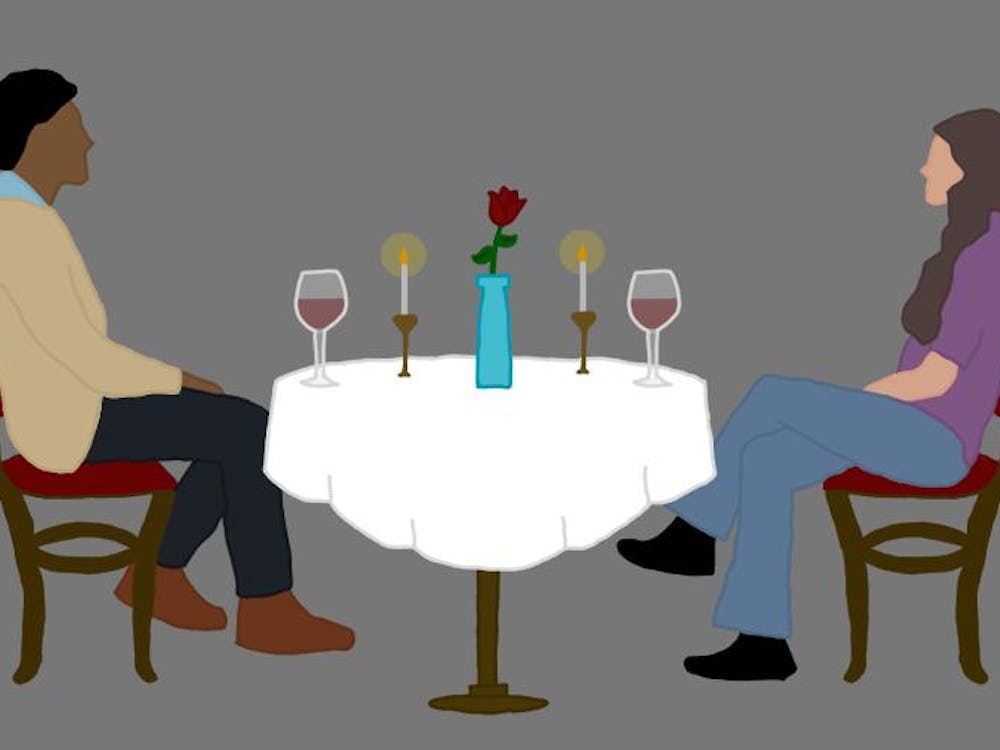Tradition has always been one of the most defining characteistics of our University. When talking about our school, we reinforce the idea that we have a "living history" -- that the principles Jefferson used to found the University are the same today as they were in 1819. One of the best examples of this "living history" is the honor system.
There are lots of myths surrounding the honor system, from long ago and still today. Debunking these myths can help us to better understand its importance as a foundation of our University culture.
Myth: Thomas Jefferson invented the honor system as a way to ensure that his students would be models of gentlemanly behavior.
Thomas Jefferson was dead long before the honor system was created. At the time of his death, he was very disappointed in the rowdy behavior of his students.
Contrary to his vision of a dignified Southern gentleman, the University's first students were lazy drunkards whose favorite pastime was "calathumping." Instead of streaking, they rode up and down the Lawn on their horses, shooting off guns.
On Nov. 12, 1840, a group of students were calathumping on the Lawn as Prof. John Davis was walking back to his Lawn room. As he tried to quiet the students, one of them shot and killed him.
The students and faculty were shocked. On July 4, 1842, Prof. Henry St. George Tucker proposed the idea of an honor system to ameliorate the student-faculty tension.
Myth: The honor system has always been the same from its inception.
Tucker's honor system consisted of each student writing this statement on their written answer:
"I, A.B., do hereby certify on my honor that I have derived no assistance during the time of this examination from any source whatsoever."
The students were so passionate about being graded fairly for their work that they took more responsibility for the system. During the Civil War, the honor system evolved into a gentleman's code of conduct.
As the student population grew, the honor system continued to evolve. Today, it is the student-governed code of "no lying, cheating or stealing" that creates our community of trust. It has been student-run for over 146 years.
Myth: Very few people have honor cases initiated against them.
Last year, 70 cases were investigated. As a result, six students left admitting guilt and 35 trials were initiated, resulting in 17 guilty verdicts.
One of the most famous cases in honor history is the "Bloomfield Trial." In April 2001, Prof. Lou Bloomfield initiated 158 honor cases from his "How Things Work" course. Twenty-eight of those students left admitting guilt, and 20 were found guilty.
Myth: The honor system has been controversy-free until recently.
The honor system has always been challenged by the University student body. Referenda on the single sanction come up about every five years.
Several law suits have been filed against the University as a result of the honor trials. On Nov. 30, 1999, Jonathan Cobb brought a $1.05 million lawsuit against the University for refusing to give him an appeal and not giving him an honor advisor until the fall semester after he was charged in March.
Throughout its history, the honor system has experienced ups and downs, faced challenges and worked to overcome them. Regardless, it has remained a strong presence in our University culture. By taking responsibility for the honor system, believing in it and challenging its weaknesses, it will continue to evolve to establish a community of trust of which Jefferson can be proud.
Maryann is a University Guide. Her column runs bi-weekly on Tuesdays. She can be reached at maryann@cavalierdaily.com.






